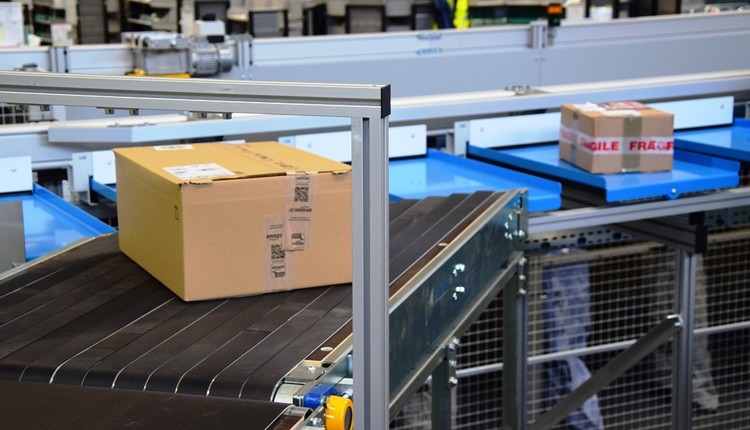RALEIGH, NC, November 15, 2012 — Sustainability policies and compliance mandates are gaining ground even before they are required, according to the recent Tompkins International podcast, Risk, Economics and the Environment – Defining Sustainability and Best Practices for Businesses.
“Companies want to shape the future of sustainability,” says Bruce Tompkins, podcast guest speaker and Executive Director of the Tompkins Supply Chain Consortium. “And it’s easier to stay ahead of the game than later trying to catch up to regulations that they can’t match.”
Sustainability is not just about the environment. There are also climate change issues – tsunamis, hurricanes, earthquakes, and other natural events that people point to as being related to the general climate – that create financial problems and risks for companies and their supply chains.
Some organizations have adjusted their strategy to a certain extent to incorporate multiple sourcing instead of single sourcing, and many look at different regions of the world where there are fewer risks for some of these events.
“Supply chain is a major area for sustainability,” adds Tompkins. “Nearly 50% of a company’s carbon emissions typically come from its supply chains,” he says.
Transportation is also a big concern for sustainability due to energy consumption and emissions. To ensure lower emissions and higher sustainability, companies can review their transportation operations to make sure they are using the right modes as well as the most efficient network options.
Listen to the podcast here to learn more about the risks and economics of sustainability in the supply chain, or subscribe to receive the Global Supply Chain Podcasts as they become available.
About Tompkins International
Tompkins International transforms supply chains to help create value for all organizations. For more than 35 years, Tompkins has provided end-to-end solutions on a global scale, helping clients align business and supply chain strategies through operations planning, design and implementation. The company delivers leading-edge business and supply chain solutions by optimizing the Mega Processes of PLAN-BUY-MAKE-MOVE-STORE-SELL. Tompkins supports clients in achieving profitable growth in all areas of global supply chain and market growth strategy, organization, operations, process improvement, technology implementation, material handling integration, and benchmarking and best practices. Headquartered in Raleigh, NC, USA, Tompkins has offices throughout North America and in Europe and Asia. For more information, visit www.tompkinsinc.com.
“Companies want to shape the future of sustainability,” says Bruce Tompkins, podcast guest speaker and Executive Director of the Tompkins Supply Chain Consortium. “And it’s easier to stay ahead of the game than later trying to catch up to regulations that they can’t match.”
Sustainability is not just about the environment. There are also climate change issues – tsunamis, hurricanes, earthquakes, and other natural events that people point to as being related to the general climate – that create financial problems and risks for companies and their supply chains.
Some organizations have adjusted their strategy to a certain extent to incorporate multiple sourcing instead of single sourcing, and many look at different regions of the world where there are fewer risks for some of these events.
“Supply chain is a major area for sustainability,” adds Tompkins. “Nearly 50% of a company’s carbon emissions typically come from its supply chains,” he says.
Transportation is also a big concern for sustainability due to energy consumption and emissions. To ensure lower emissions and higher sustainability, companies can review their transportation operations to make sure they are using the right modes as well as the most efficient network options.
Listen to the podcast here to learn more about the risks and economics of sustainability in the supply chain, or subscribe to receive the Global Supply Chain Podcasts as they become available.
About Tompkins International
Tompkins International transforms supply chains to help create value for all organizations. For more than 35 years, Tompkins has provided end-to-end solutions on a global scale, helping clients align business and supply chain strategies through operations planning, design and implementation. The company delivers leading-edge business and supply chain solutions by optimizing the Mega Processes of PLAN-BUY-MAKE-MOVE-STORE-SELL. Tompkins supports clients in achieving profitable growth in all areas of global supply chain and market growth strategy, organization, operations, process improvement, technology implementation, material handling integration, and benchmarking and best practices. Headquartered in Raleigh, NC, USA, Tompkins has offices throughout North America and in Europe and Asia. For more information, visit www.tompkinsinc.com.



